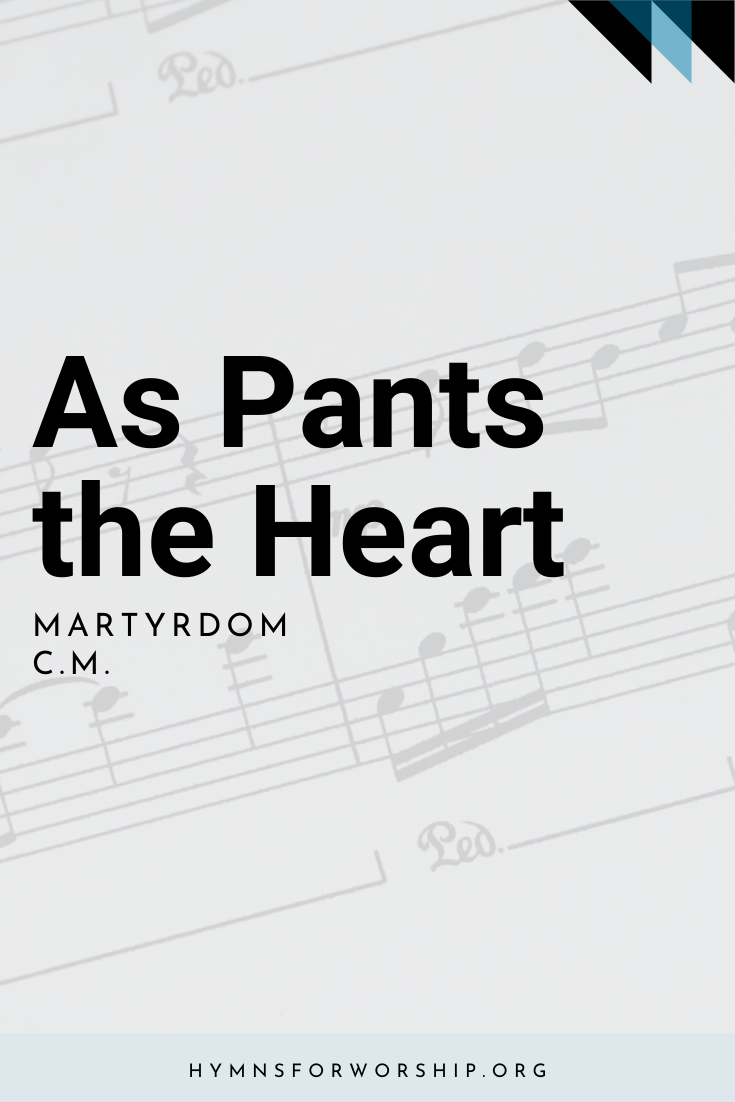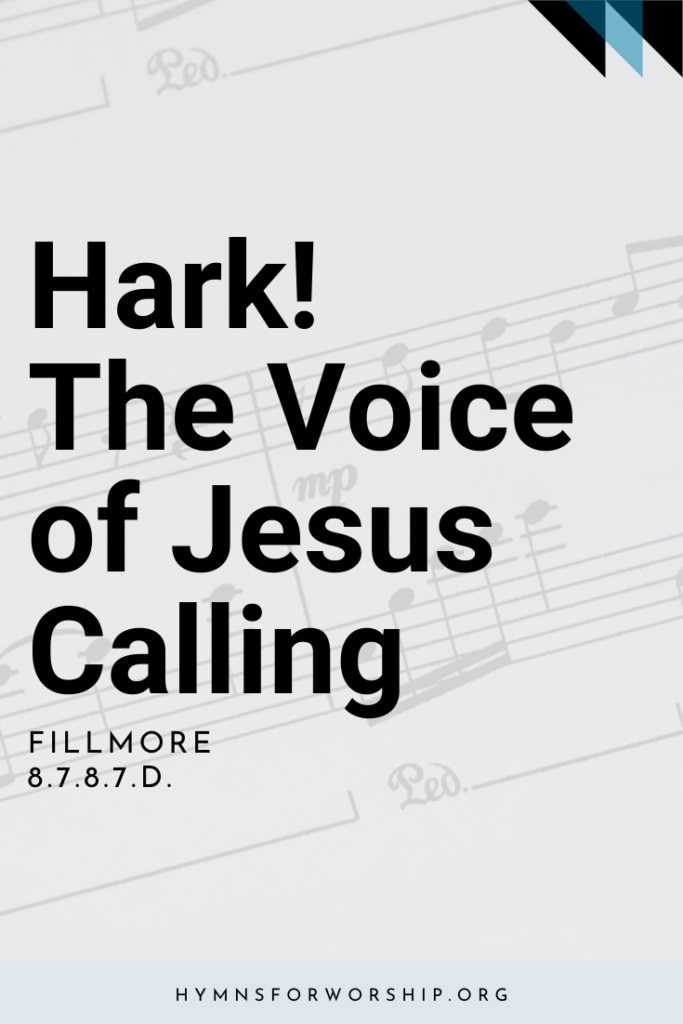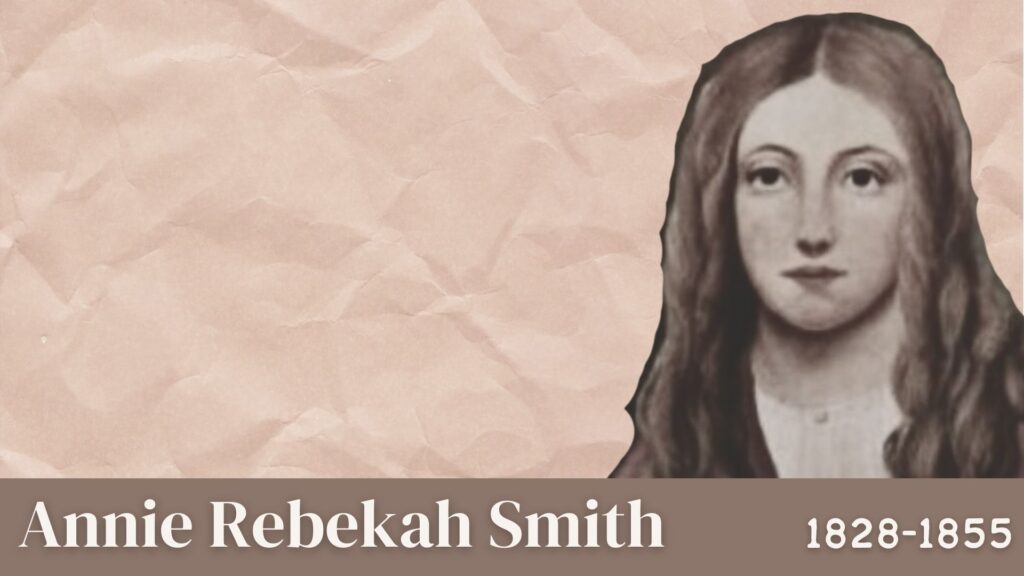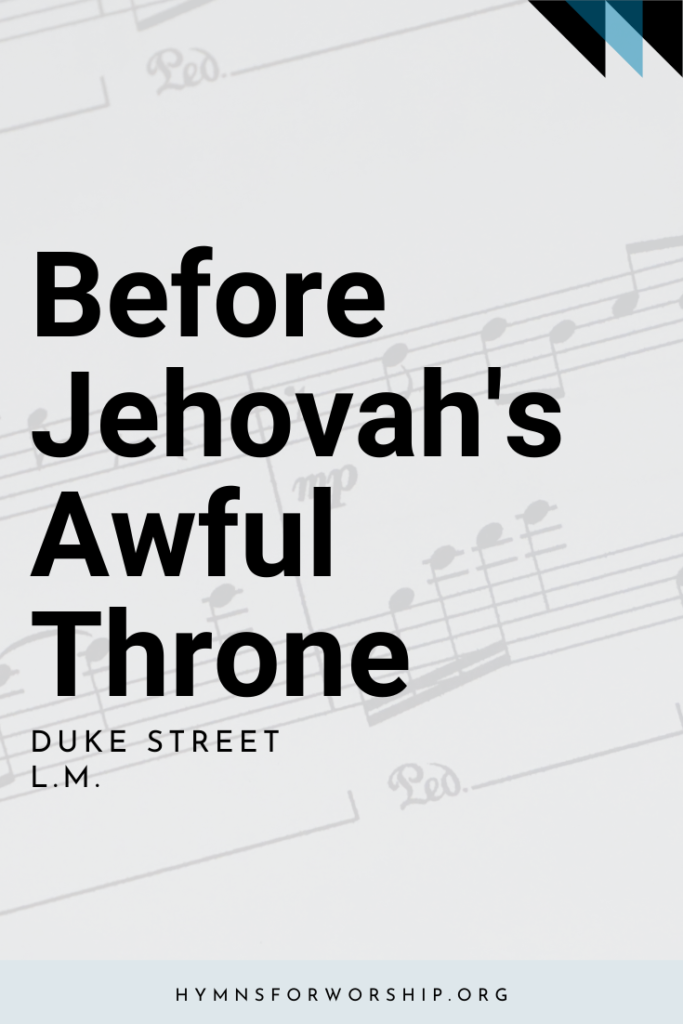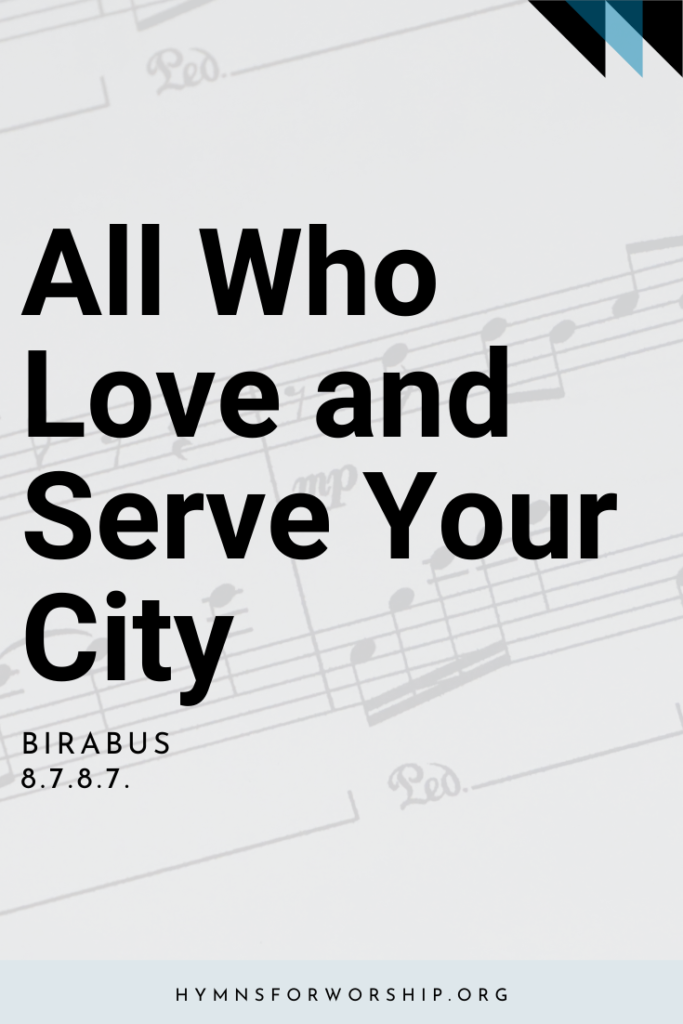GOD THE FATHER >> GRACE & MERCY OF GOD
SDAH 113
As pants the hart for cooling streams
When heated in the chase,
So longs my soul, O God, for Thee,
And Thy refreshing grace.
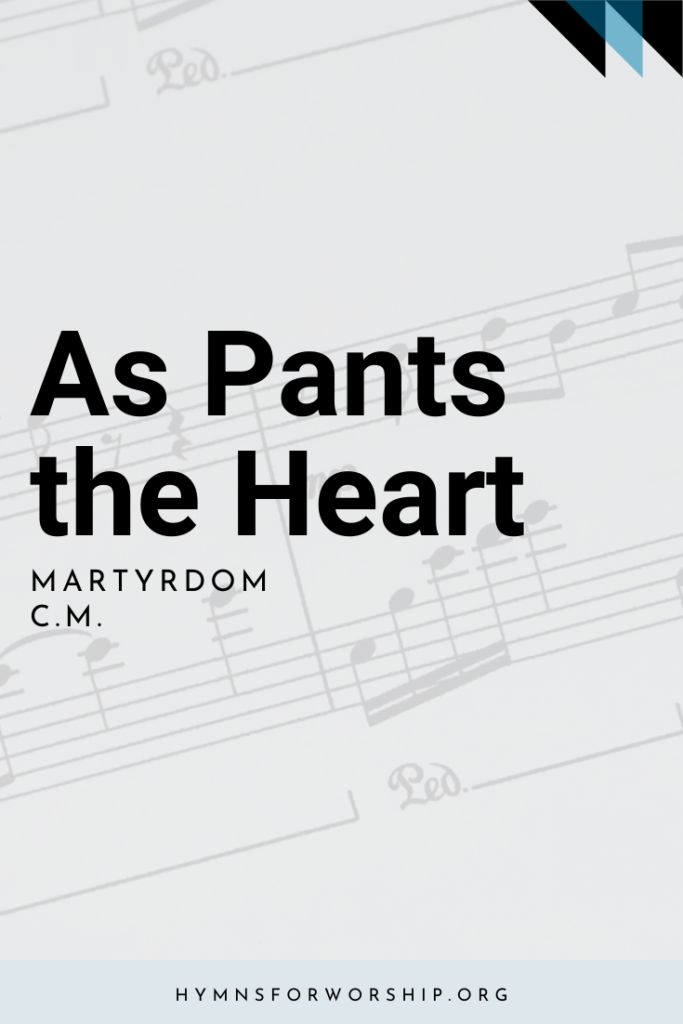
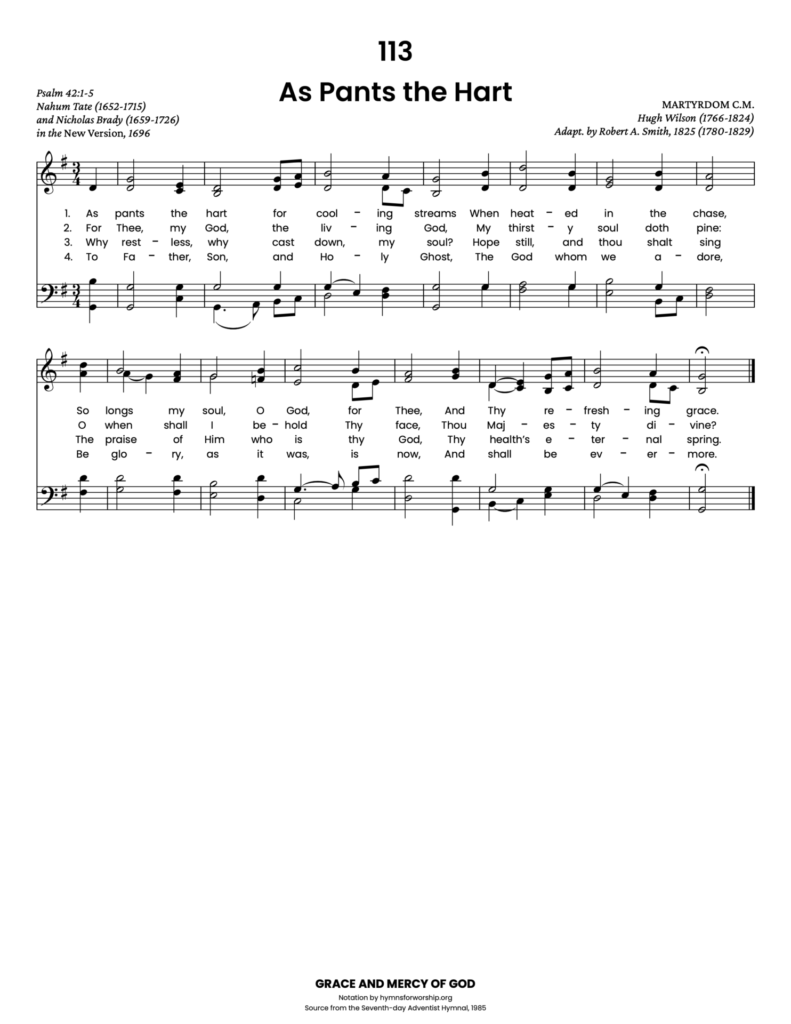
Get the hymn sheet in other keys here
For Worship Leaders
Make each hymn more meaningful with these helpful tools: Short, ready-to-use hymn introductions for church bulletins, multiple ways to introduce a hymn based on your worship theme and in-depth history and insights to enrich your song service.
Hymn Spotlight: As Pants the Hart
This hymn is a metrical paraphrase of Psalm 42, first published in Tate and Brady’s New Version of the Psalms of David(1696). It captures the psalmist’s deep longing for God with poetic beauty that has endured for centuries.
The tune MARTYRDOM was adapted by Robert A. Smith from an old Scottish melody. Its gentle 3/4 rhythm pairs perfectly with the heartfelt prayer of the text.
As we sing, may we be reminded to seek God as earnestly as the psalmist—thirsting for His presence, even in the midst of sorrow.


Text
1
As pants the hart for cooling streams
When heated in the chase,
So longs my soul, O God, for Thee,
And Thy refreshing grace.
2
For Thee, my God, the living God,
My thirsty soul doth pine:
O when shall I behold Thy face,
Thou Majesty divine?
3
Why restless, why cast down, my soul?
Hope still, and thou shalt sing
The praise of Him who is thy God,
Thy health’s eternal spring.
4
To Father, Son, and Holy Ghost,
The God whom we adore,
Be glory, as it was, is now,
And shall be evermore.

Hymn Info
Biblical Reference
Ps 42:1-5
Author
Nahum Tate (1652-1715) and Nicholas Brady (1659-1726) in the New Version
Year Published
1696
Hymn Tune
MARTYRDOM
Metrical Number
C.M.
Composer
Hugh Wilson (1766-1824)
Arranger
Adapt. by Robert A. Smith (1780-1829)
Year Composed
1825
Theme
GRACE & MERCY OF GOD

